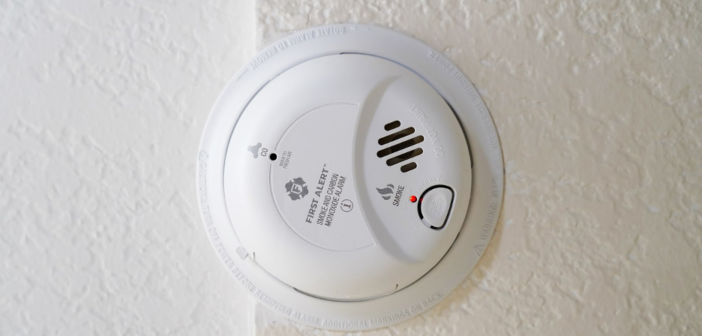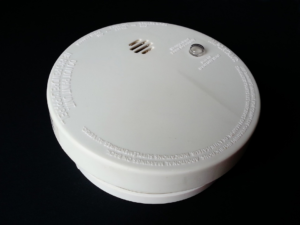It is a well-known fact that fire and smoke alarms save lives. In the event of a fire, these alarms provide warnings so that people have time to escape. Smoke alarms also warn people of the presence of smoke, which can be just as dangerous as the fire itself.
In many cases, both fire and smoke alarms are installed in a building. However, these alarms are not always interconnected, meaning that they do not work together to provide complete protection. This can be a serious problem, especially if the fire and smoke alarms are located in different parts of the building.
Interconnected fire and smoke alarms offer several advantages over separate units. Here are the most important ones:
Easy to Install
One of the best things about interconnected fire and smoke alarms is that they are easy to install. In most cases, these units come with all of the necessary hardware and wiring. This makes it easy to get these units up and running quickly.
Installing separate fire and smoke alarms can be more difficult because each unit must be wired separately which can often be a time-consuming and difficult process. On the other hand, as seen at www.firelinkdirect.co.uk, installing interconnected fire and smoke alarms is a relatively straightforward process that can be completed quickly. It doesn’t require any special skills or DIY experience.
Complete Coverage
When it comes to fire and smoke alarms, many people think that having just one is better than having none at all. This is not always the case. In fact, in some situations, it’s better to have multiple alarms that are interlinked. This provides complete coverage in the event of a fire or smoke emergency. Let’s take a closer look at why this is so important.
When fire and smoke alarms are installed separately, they often do not work together properly. This can lead to dangerous situations where people may not be aware of potential danger. For example, if there is a fire in one part of the building, but the smoke alarm in another part goes off, people may not realize that there is a problem and could end up getting hurt.
Interconnected fire and smoke provide complete coverage throughout the building. If there is a fire or smoke emergency, these alarms will go off simultaneously and provide warning throughout the entire structure.
Faster Response Time
Another advantage of interconnected fire and smoke alarms is that they can provide a faster response time in the event of an emergency. In some cases, it can take minutes for a separate fire and smoke alarm to sound the alarm. This can be a serious problem if there is an actual fire because every second counts when it comes to safety.
Interconnected fire and smoke alarms solve this problem by sounding the alarm as soon as one of the units detects a problem. This helps to ensure that people are aware of the danger as quickly as possible so that they can take action.
Reduced False Alarms
Another common problem with separate fire and smoke alarms is that they often go off when there is no actual emergency. This is because these units are often triggered by things like cooking smoke or steam. While this is not a major problem, it can be annoying and disruptive.
Interconnected fire and smoke alarms help to reduce false alarms because they only sound the alarm when both units detect a problem. This helps to ensure that the alarm is only sounded when there is an actual emergency.
While you might think that having just one fire or smoke alarm is sufficient, this is often not the case. Interconnected fire and smoke alarms offer several advantages over separate units, including complete coverage, faster response time, reduced false alarms, and easy installation. If you are looking for the best way to protect your home or office from fire and smoke, then interconnected fire and smoke alarms are the way to go





